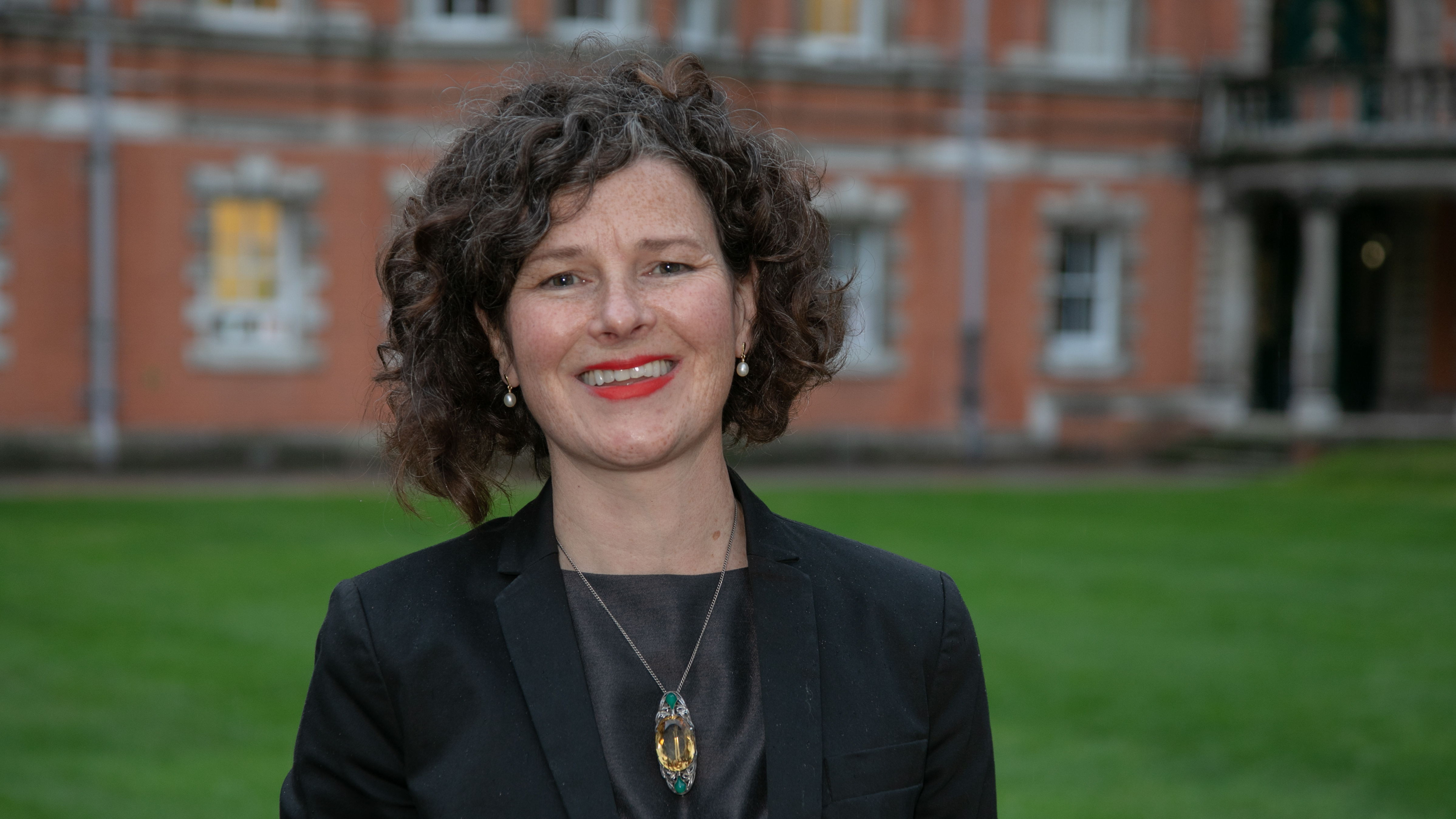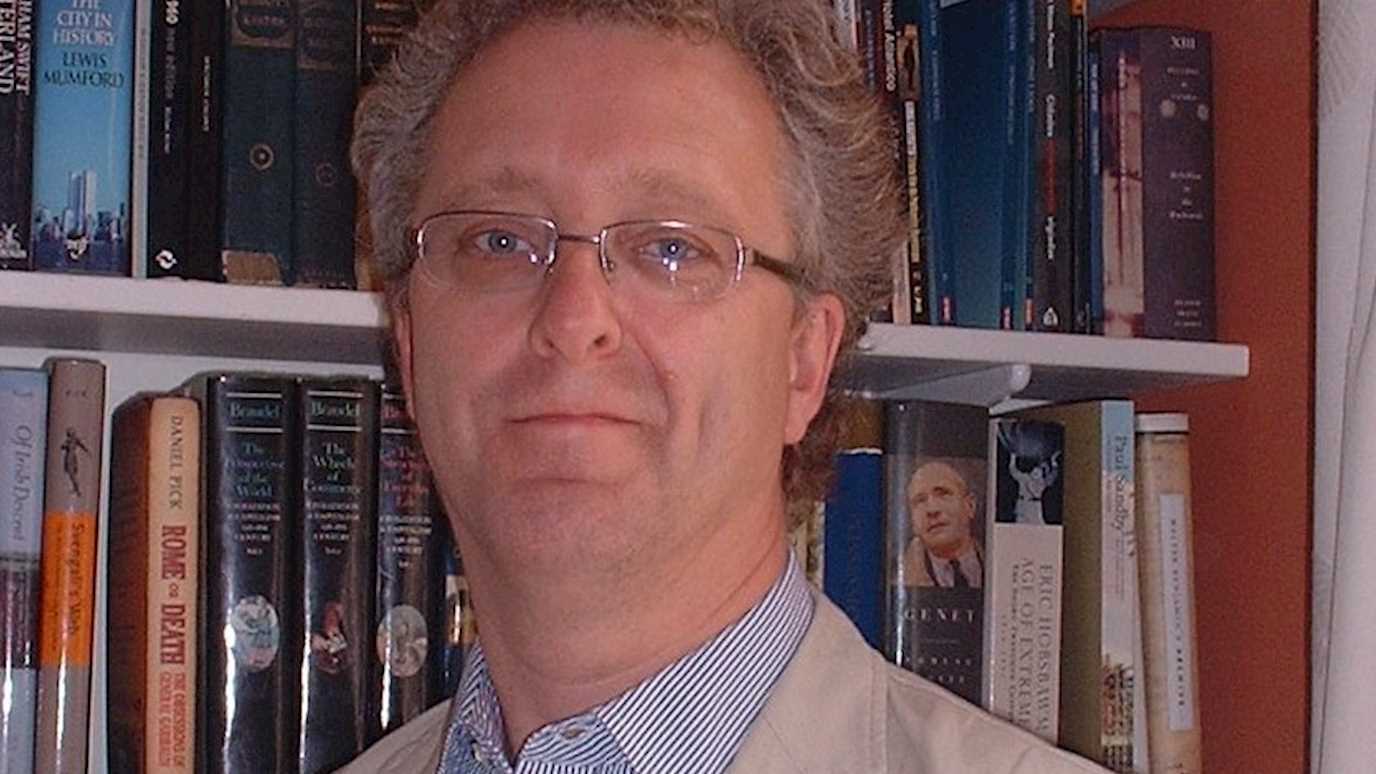New research from Royal Holloway, University of London on behalf of the Intergenerational Foundation has found that a "new dawn" has arrived for electioneering in the UK.
Youth Quake: Young people and the 2017 General Election, authored by Dr James Sloam and Rakib Ehsan, from the Department of Politics and International Relations at Royal Holloway, is an audit of the most recent election, focusing on the turnout of young people, and the strategies employed by the major political parties to incentivize them to vote.

Rakib Ehsan said: "One of our key findings is that Britain's young people are not only more likely to consume political information through social media - they are also more likely to trust such information on these platforms. In this sense, the General Election signalled a new dawn for electioneering in the UK."
As well as examining at how young people were engaging with the election, the report also looked at the question of how many young people were engaging. Between 2002 and 2015, on average only 40% of people aged 18-24 voted in the general elections. Youth Quake has found that in the latest election, held in May 2017, this increased dramatically to 63%.
Dr James Sloam said: "The increased youth turnout in 2017 demonstrated that young people are interested in politics. However, the surge in youth participation also reflected a strong reaction against austerity and Brexit."
Prior to the election, researchers found that a remarkable 88% of people aged 18-24 were 'following the Brexit negotiations closely' – more than any other age group. The report also identifies austerity, the NHS, and unemployment as key issues for young people in the latest election.
The paper also found that age was the biggest indicator of which party someone would be likely to vote for; the Labour Party attracted 62% of 18-24 year olds, with only 27% voting for the Conservative Party. The gap in support for the two parties, which this year hit 35 percentage points, is unprecedented.
The report was launched at an Intergenerational Foundation event held at Parliament where politicians including Peter Dowd (Shadow Chief Secretary to the Treasury), Ben Bradley (Conservative MP for Mansfield), Amelia Womack (Deputy Leader of the Green Party), and Lord Paul Tyler of the Liberal Democrats, responded to the report's findings. Find out more about the event and download the full report here.
Find out more about the Department of Politics and International Relations and their research into international elections.
























